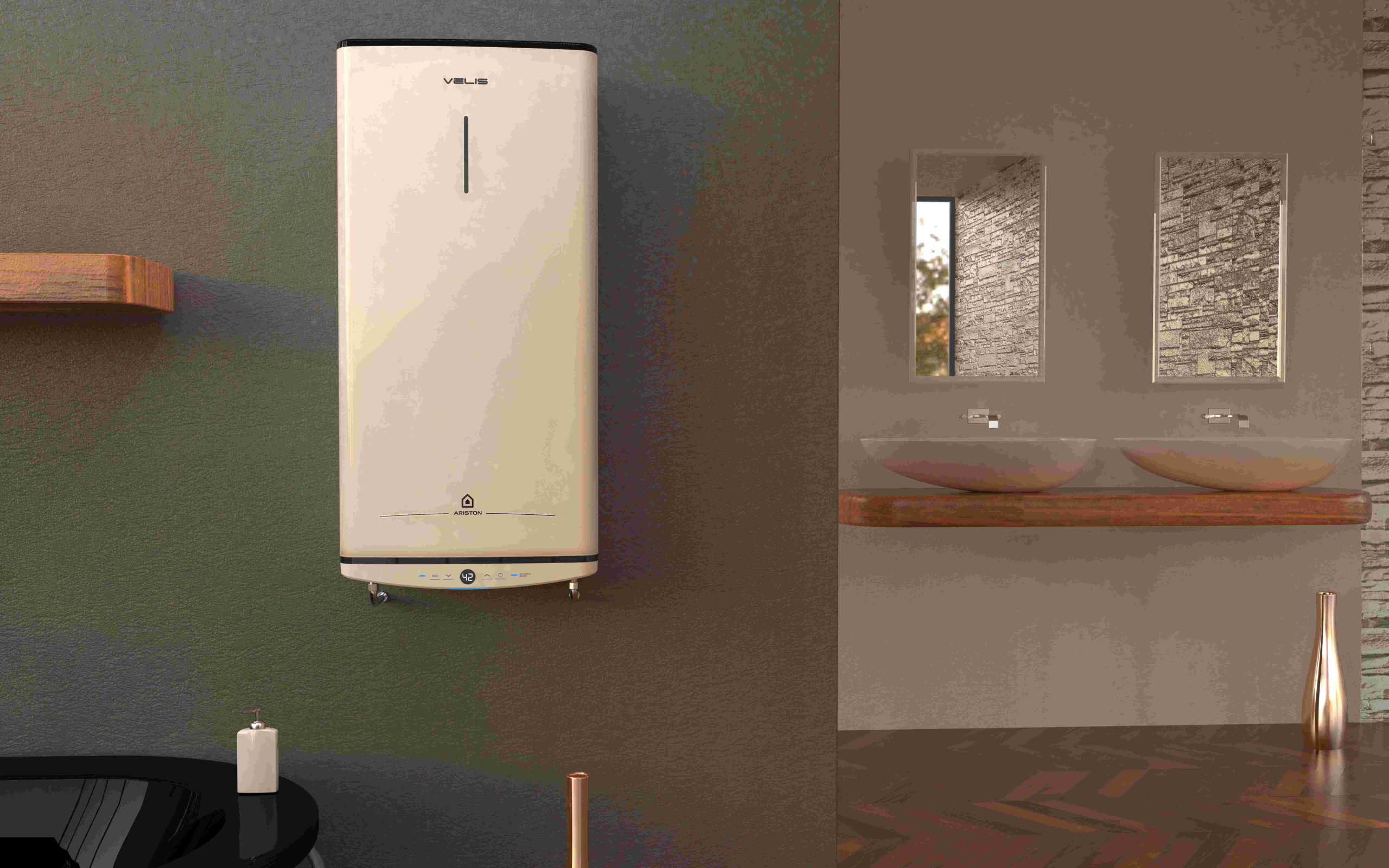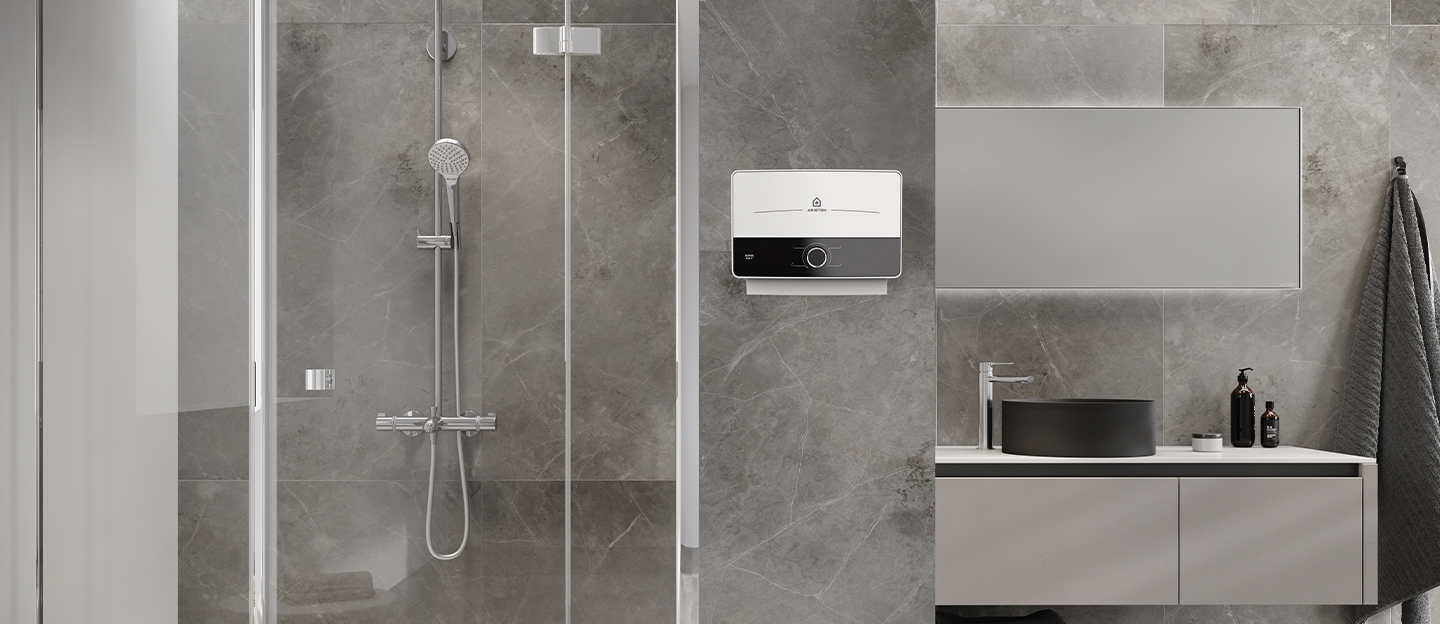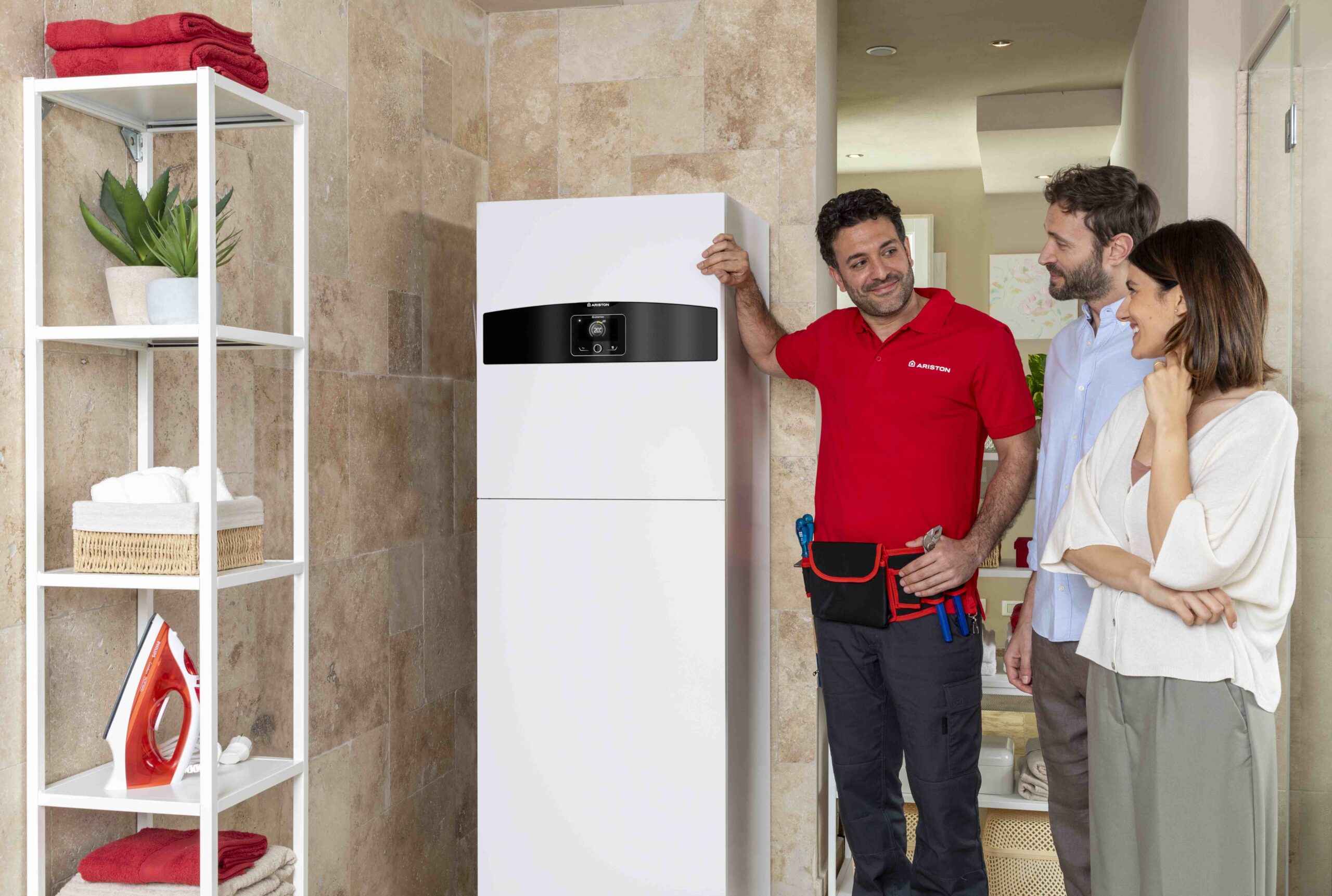Which water heater consumes less?
When producing hot water for domestic use, it’s important to pay attention to energy savings and environmental impact. Therefore, it’s advisable to know which water heating system consumes less to make sure you choose the right technology.
There are several solutions available on the market, such as electric and gas water heaters, heat pumps and solar thermal systems. Each type of system has specific characteristics so it’s wise to educate yourself to find out which device offers the best compromise between performance and consumption.
We’ll look at which are the most efficient water heating systems with the lowest consumption so you can make sure you choose the technology that offers sustainable comfort.
Which are the best low-consumption gas water heaters?
A traditional solution for domestic hot water production is a gas water heater and there are lots of models to choose from, like an indoor or outdoor wall-mounted water heater. Compared to a gas boiler for heating, this is a more compact and less bulky system with either instant or storage models available.
The best gas water heaters for energy savings are models with condensing technology. These systems are highly efficient as they recover heat from exhaust gases to reduce energy consumption. Compared to traditional gas water heaters, they are more efficient.
A condensing gas water heater optimises methane consumption compared to an old, traditional gas water heater, especially if it is equipped with the latest energy-saving technology. This system is suitable when the cost of gas is low and the network is extensive and easy to access, as the products offer excellent value for money, efficiency and consumption.
How much energy do electric water heaters consume?
The most popular alternative to gas water heaters are electric water heaters. These systems produce hot water for domestic use by way of a resistor powered by electricity. Modern electric water heaters are very efficient devices equipped with smart technology to save energy.
There are two types of electric water heaters:
- Storage electric water heaters have a special tank where hot water is kept at a certain temperature, so it is available when needed. They are recommended for large families with a high requirement for hot water and frequent use of the water heater.
- Instant electric water heaters, on the other hand, heat water when it is required and they do not have a tank.
Heat pump water heaters: high efficiency and low consumption
One of the most efficient technologies for energy savings is a heat pump water heater. These systems are powered by electricity and use the natural heat from the air, water or soil to heat water for domestic use in a sustainable way.
These devices are a sustainable technology with low consumption, particularly suitable for use when there is a high demand for domestic hot water.
A heat pump water heater can also be integrated with a photovoltaic system, to power the device using electricity produced on site sustainably.
Solar thermal systems: sustainable domestic hot water production
A solar thermal system can use the energy from the sun to produce hot water in an eco-friendly way, reducing consumption of gas or electricity. These systems do not generate CO2 emissions.
Using a solar thermal system can significantly reduce energy consumption for domestic hot water production to save on bills and reduce harmful emissions.
There are two types of solar thermal systems:
- Thermal systems with natural circulation, which require the installation of a tank and collectors on the roof.
- Thermal systems with forced circulation, that systems can have a tank installed inside the home and are more suitable for cold climates.
Which water heater to choose to reduce consumption?
All the technologies we’ve mentioned are effective when it comes to saving energy. When making a choice, there are certain factors to consider, including your own hot water requirements, the space available, the cheapest type of energy in your area, the environmental conditions, the type of property and any relevant tax benefits and incentives.






